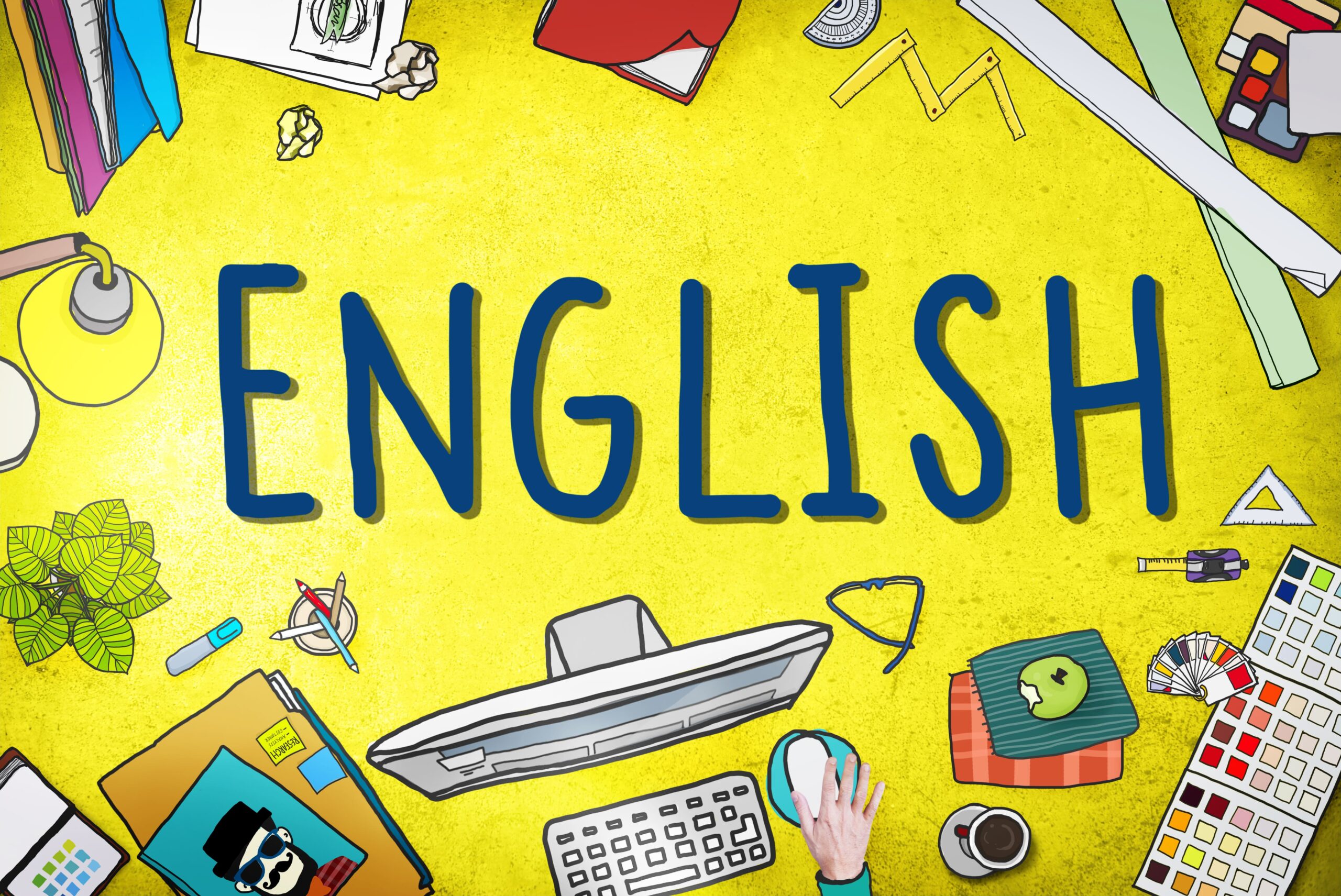Discover the Power of the Word: A Department of English Subject Review
Explore the world of English – delve into literature, master the language, and develop the communication skills essential for success in a wide array of careers.
Table of Contents
- What is the Study of English?
- Key Disciplines within English Studies
- The Power of English
- Careers with an English Degree
- Skills for Success in English
- Top Universities for English
- The Future of English
- FAQ
What is the Study of English?
The study of English is a multifaceted exploration of language, literature, and culture. It involves delving into the richness of written and spoken words – their history, their power to shape ideas, and their reflection of the human experience.
Key Disciplines within English Studies
An English major encompasses a diverse range of areas:
- Literature: Analyzing and interpreting a vast spectrum of works – novels, poems, plays, and essays – from different historical periods, genres, and cultures.
- Linguistics: Examining the structure of the English language: grammar, syntax, how it evolves, and how dialects vary.
- Creative Writing: Developing your own voice, expressing ideas through fiction, poetry, screenwriting, or creative non-fiction.
- Rhetoric and Communication: Understanding the art of persuasion, crafting effective arguments, and adapting communication styles for different audiences.
- Literary Theory: Exploring different critical lenses for analyzing texts: feminist, Marxist, postcolonial, and more, questioning what literature means.
- Digital Humanities: Applying technology to literature: analyzing large text collections, creating digital archives, and new forms of storytelling.
The Power of English
Studying English unlocks potent abilities and a profound understanding of the world:
- Critical Thinking: Analyzing complex texts, dissecting arguments, and recognizing nuance develops sharp analytical skills applicable to any problem.
- Empathy and Understanding: Literature transports us into the lives of others across times and cultures, fostering perspective and compassion.
- Effective Communication: Mastering both written and spoken English is essential for success in countless fields and in everyday interactions.
- Cultural awareness: Studying English provides insights into the values, histories, and creative expression that shape different societies.
- Adaptability: The skills honed in an English degree are transferable. Grappling with ambiguity, analyzing texts, and conveying complex ideas prepares you for a world of evolving job roles.
Careers with an English Degree
An English degree provides a versatile foundation for a wide array of fulfilling careers:
- Education: Teaching English language or literature at all levels, from elementary school to university professorships.
- Writing and Editing: Authoring your own works, or working as a journalist, copywriter, editor, or technical writer.
- Marketing and Communications: Crafting compelling narratives, creating content, analyzing brand perception, and developing communication strategies.
- Law: The strong reading, analysis, and argumentation skills developed through English are highly valued for legal careers.
- Publishing: Working behind the scenes as an editor, literary agent, or within the diverse roles of a publishing house.
- Non-profit and Advocacy: Using your communication skills to champion causes, write grant proposals, and craft messaging for fundraising and social change.
- Librarianship: Organize knowledge, curate collections, and help people engage with the power of literature and information.
Skills for Success in English
To thrive in English studies, cultivate these abilities:
- Love of Reading: A passion for exploring the written word in all its diverse and thought-provoking forms.
- Strong Writing and Speaking Skills: The ability to articulate your ideas clearly, concisely, and persuasively, both in writing and orally.
- Analytical Thinking: Looking beyond the surface of a text to uncover deeper meanings, patterns, and authorial choices.
- Attention to Detail: Meticulous reading to catch subtleties in word choice, grammar, and literary devices.
- Research and Time Management: Independent work, navigating archives or databases, and juggling multiple assignment deadlines.
Top Universities for English (Rankings change, always research!)
- University of Oxford (UK)
- University of Cambridge (UK)
- Harvard University (USA)
- Stanford University (USA)
- Yale University (USA)
The Future of English
Key Trends and Influences
- English as a Global Lingua Franca: English continues to solidify its position as the language of international business, science, and cross-cultural communication. This dominance brings both benefits and concerns about linguistic diversity.
- The Rise of World Englishes: English is becoming increasingly localized, with distinct dialects and variations flourishing in countries like India, Nigeria, and Singapore. These "Englishes" add to the richness of the language, but also raise questions about a common standard.
- Technology and Language Change: Digital communication, social media slang, and translation tools are rapidly influencing the way we write and speak English.
- Artificial Intelligence and Natural Language Processing: Advances in AI-powered writing, translation, and text analysis pose both opportunities and ethical questions for how we produce and interact with language.
- The Fight for Linguistic Preservation: With English dominance, there's an increasing urgency to protect endangered languages and support multilingualism as a way to preserve cultural knowledge and diversity of thought.
Potential Transformations
- Simplification of Grammar? The need for non-native speakers to communicate efficiently could pressure English to evolve towards simpler structures over time.
- Hybrid Englishes: Expect more playful blending of English with local languages in creative writing, pop culture, and everyday code-switching.
- Redefining 'Standard' English: Increasing recognition of the validity of World Englishes may lead to a more multi-centric view of what is considered 'correct' English
- English as a Literary Language: Will English maintain its place as the language of globally acclaimed literature, or will we see literary masterpieces rising from the mix of new World Englishes?
The Role of English Majors and Scholars
Facing this shifting landscape, those studying English have an essential part to play:
- Documenting and Analyzing Change: Tracking how English is evolving across the globe, in both spoken and digital forms.
- Championing Diversity: Celebrating the beauty of different Englishes, pushing back against the idea of a single 'correct' version.
- Preserving Linguistic Heritage: Collaborating with communities to document endangered languages, finding ways for technology to support their survival.
- Critical Voices on AI: Engaging with the ethical implications of AI-generated language, ensuring it doesn't erode what makes human expression unique.
FAQs: The Future of English
- Will everyone have to speak English in the future?
- Likely to some degree for participating in the global economy and science. However, hopefully, this happens alongside greater support for multilingualism valuing a person's native tongue as well.
- Is the English of the internet ruining 'good' English?
- It's changing it. Whether that's 'ruining' is subjective. Language has always evolved. The skill lies in knowing different registers – formal writing vs. casual online communication.
- Will AI be able to write truly creative literature like a human?
- It's improving at mimicking style. The question of whether it can understand or evoke genuine emotion the way a human writer does is a deep philosophical one.
- Can I make a career studying English and these changes?
- Definitely! Fields like sociolinguistics (language in society), computational linguistics (language and AI), and work in language preservation all need people with the deep language skills of an English major.



